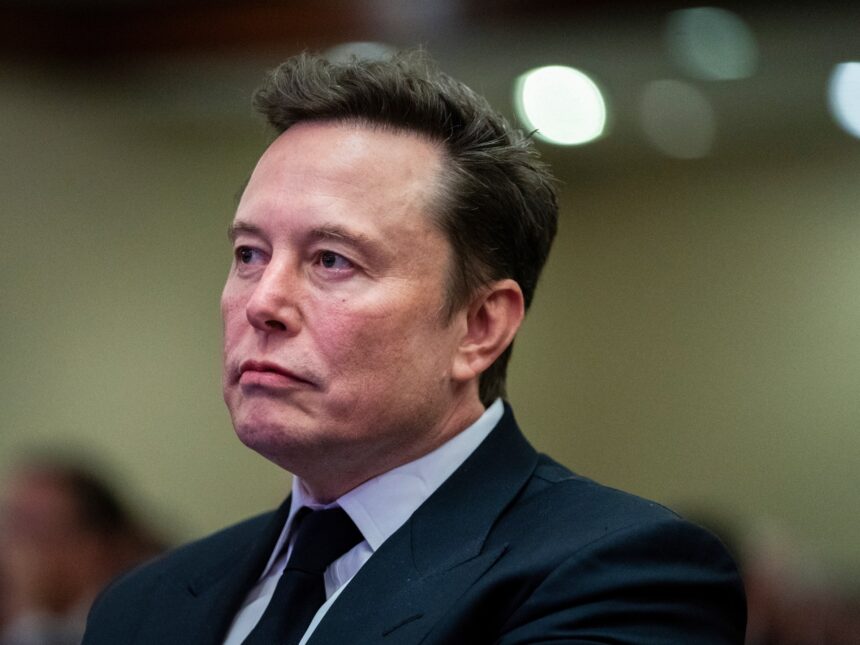Following Elon Musk’s recent prediction that “AI will be better than the best doctors,” the medical community and tech experts have engaged in intense debate about the future of healthcare. While artificial intelligence has already demonstrated remarkable capabilities in medical diagnosis and treatment planning, the question remains: Can AI truly surpass human medical expertise? This article explores the current state of AI in healthcare, examines recent breakthroughs, and considers the complex implications of this technological revolution for patients, healthcare providers, and the medical profession as a whole.
The Current State of AI in Medicine
The integration of AI in healthcare has accelerated dramatically in recent years. Major healthcare institutions are already using AI-powered systems for various applications, from analyzing medical imaging to predicting patient outcomes. For instance, deep learning algorithms have shown comparable or superior accuracy to human radiologists in detecting breast cancer from mammograms and identifying potentially cancerous lesions in CT scans. These developments suggest that Musk’s prediction may not be as far-fetched as it initially sounds.
The FDA has approved numerous AI-based medical devices and algorithms, demonstrating growing confidence in AI’s reliability for clinical applications. These systems are particularly excelling in pattern recognition tasks, where they can process vast amounts of medical data far more quickly than human practitioners. However, it’s crucial to note that these systems currently serve as powerful tools to augment human expertise rather than replace it entirely.
Recent Breakthroughs Fueling the AI Revolution
Several groundbreaking developments in AI healthcare technology have emerged recently, lending credence to Musk’s bold prediction. Platforms like DrKhan.ai and DrKumar.ai are pioneering AI-powered medical diagnosis, offering rapid disease assessment and treatment recommendations with impressive accuracy rates. These platforms analyze patient symptoms, medical history, and test results to provide comprehensive diagnostic insights, sometimes catching conditions that human doctors might miss. Beyond these specialized platforms, large language models have demonstrated remarkable ability to pass medical licensing exams and provide accurate medical insights. AI systems have successfully:
- Identified rare genetic disorders from facial photographs with high accuracy
- Predicted patient outcomes and complications before they become apparent to human doctors
- Discovered novel drug combinations for treating resistant diseases
- Generated personalized treatment plans based on individual patient data and medical history
These achievements highlight AI’s potential to revolutionize healthcare delivery and improve patient outcomes. However, they also raise important questions about the role of human judgment and the importance of the doctor-patient relationship.
The Human Element: What AI Can’t Replace
Despite impressive technological advances, several crucial aspects of healthcare remain distinctly human. The ability to show empathy, understand cultural contexts, and navigate complex ethical decisions continues to be uniquely human strengths. Additionally, human doctors excel at:
- Building trust and rapport with patients
- Understanding nuanced social and environmental factors affecting health
- Making decisions in unprecedented situations
- Providing emotional support and counseling
- Integrating multiple sources of information in complex cases
These skills suggest that rather than replacing doctors entirely, AI is more likely to evolve into a sophisticated collaborative tool that enhances human medical practice.
Looking Ahead: A Hybrid Future
The future of healthcare likely lies not in AI replacing doctors but in a synergistic relationship between human medical professionals and artificial intelligence. This partnership could lead to:
- More accurate diagnoses through combined human and AI analysis
- Reduced medical errors and improved patient safety
- More personalized treatment plans
- Better allocation of healthcare resources
- Increased access to quality healthcare in underserved areas
As we move forward, the key challenge will be integrating AI systems in ways that enhance rather than diminish the human aspects of healthcare. Medical education and training will need to evolve to prepare doctors for working alongside AI systems effectively.
Conclusion
While Elon Musk’s prediction about AI surpassing human doctors may capture headlines, the reality is likely to be more nuanced. The future of healthcare probably won’t be a competition between human doctors and AI but rather a collaboration that leverages the strengths of both. As AI continues to advance, success will lie in finding the right balance between technological capability and human touch, ensuring that healthcare remains both highly effective and deeply human










